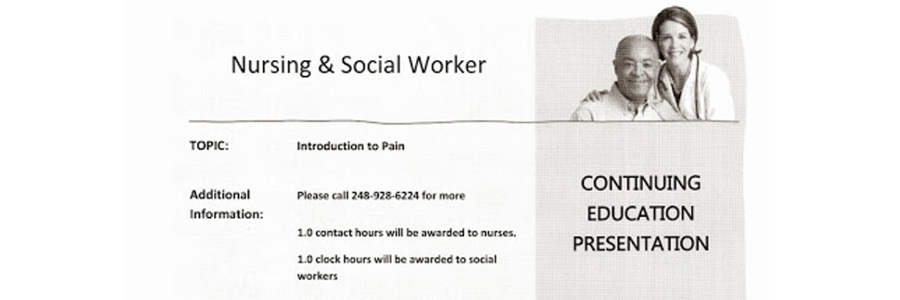There is an important document which you and your loved one should complete in the presence of your physician if you want to avoid CPR (cardio-pulmonary resuscitation) or other life support when an ambulance (911) is called. It is the Do-Not-Resuscitate order.
Do-Not-Resuscitate order.
Designation of Patient Advocate Form
Here is a copy of the Designation of Patient Advocate Form prepared by the State Bar Association of Michigan. This is an important legal document. You should discuss it with your doctor and attorney if you have questions. After completing it, you should keep the original copy, as well as the original copy of the Tool Kit, some place they can be easily found.
Patient Advocacy: Tool Kit
This could be an opportune time to have—or at least start--the important conversation re. making a health care advanced directive (such as living will or durable power of attorney for health care). This is a Tool Kit prepared by the Commission on Law and Aging to help you have this conversation in an effective way.
Presentation: Intoduction to Pain

2013 Award
One of our Certified Geriatric Care Managers, Crystal Carrier, has been awarded the 2013 Home Instead Senior Care Synergy Award for outstanding client care coordination and support. This annual award is given to community professionals that work to improve the quality of life for their clients whom they share with Home Instead.
Alzheimer’s Patients Benefit from New Detroit Institute of Arts Pilot Program “Minds on Art”
The Detroit Institute of Arts (DIA) launched a pilot program that provides stimulating art experiences for people with Alzheimer’s disease and their caregivers. The Program, called Minds on Art, is the first of its kind in Michigan . .Click here for article
Music Therapy Brings Dementia Patients “Back to Life”
This is not a cure but we are increasing patients’ level of engagement . . .the program is currently being used in 50 nursing homes in 15 states and Canada.Click here to read the articleIf you’d like to contribute to providing personalized music for elders in care facilities or support the training of family caregivers go to: https://musicandmemory.
The Story of Gil and Denise
In this excerpt from the forthcoming documentary, Alive Inside: The Story of Music and Memory, two individuals with cognitive challenges transcend their daily struggles as they listen to personalize music, with help from Music and Memory’s Dan Cohen. Click here for more information
Having the Conversation: A Heart to Heart with Aging Parents
We hear time and time again from professionals that family conversations are best when they happen sooner rather than later. The more involved your aging parents can be in the conversations, the better. Try not to wait until there is declining health or a crisis of some kind.
The Parent Care Conversation
One of the hardest things for aging parents and their adult children to do is sit down and have a frank discussion about the future. Such conversations are difficult for two principal reasons: they involve acknowledging the realities of aging and mortality, and financial details must be shared.
